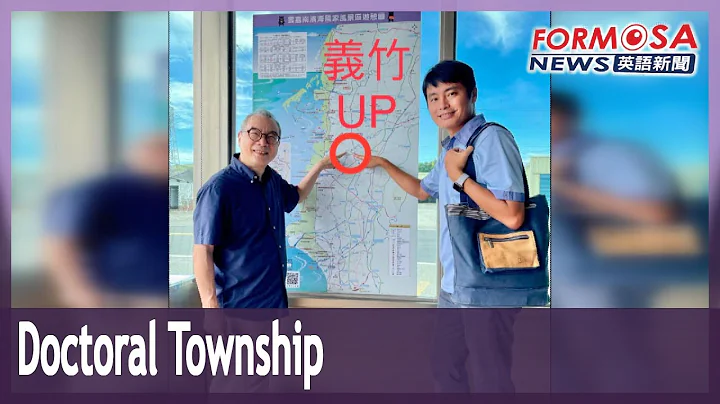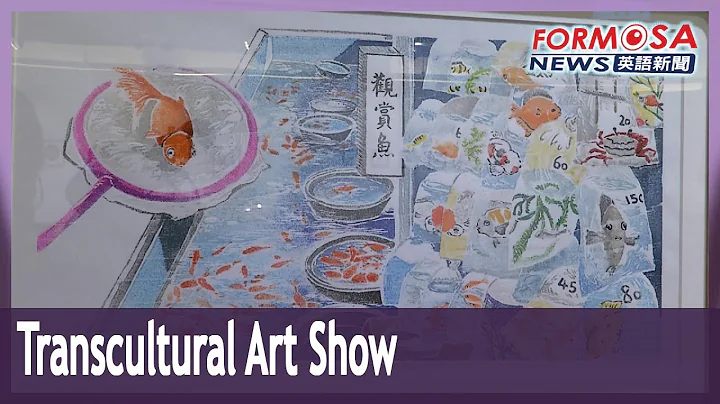The original author of this article, Professor Lu Yingchun, is reprinted with the authorization of Teacher Lu (original text published in No. 1: Professor Lu Yingchun fills in the volunteer form)
The person in charge of the Hong Kong, Macao and Taiwan Affairs Office of the Ministry of Education said in an interview with reporters a few days ago that comprehensive consideration of the current COVID-19 epidemic prevention and control and Due to the situation of cross-strait relations, has decided to suspend the work of graduates of all academic levels from all over the mainland to study in Taiwan in 2020.
As soon as this news came out, it shocked the university community in Taiwan. The president of Shih Chien University said that the crisis of Taiwan’s private colleges and universities closing may emerge in advance. At the same time, mainland universities’ admissions policies for Taiwan remain unchanged this year, and relevant university admissions information has been released by mainland universities on the Hong Kong, Macao and Taiwan Admissions Information Network.

Mainland students began to study and work in Taiwan in 2011. All high school graduates who take the national unified examination for general college admissions can apply for relevant admissions colleges in Taiwan.
However, mainland candidates do not seem to be very interested in Taiwanese universities. Since Taiwan’s universities have recruited students in mainland China, they have been unable to complete their enrollment tasks almost every year.
Take 2019 as an example. Taiwan's universities plan to enroll 800 students in the mainland, and 2,131 mainland students apply, an increase of 553 students from 1,578 students in 2018, an increase of 35%, but the number of students admitted is 732.
A total of 70 universities have recruited mainland students. The schools with the largest number of admissions are Tamkang University with 57 students, Chinese Culture University with 48 students, Fengjia University with 47 students, Ming Chuan University with 47 students, and Furen University with 44 students. There are dozens of colleges and universities with no one applying for .
The admitted candidates are mainly from Zhejiang and Fujian provinces, with very few candidates from other provinces applying, and in some provinces no one even applied.
In addition to full-time students, the enrollment situation of other trainee students is roughly the same.

In recent years, more than 100 colleges and universities in Taiwan are facing an unprecedented crisis.
At the end of 2017, Taiwan’s education department announced for the first time the freshman registration rate of 157 colleges and universities in Taiwan, which attracted widespread attention. Data shows that the 2017 freshman registration rate for 17 universities such as the Taiwan Institute of Tourism and Nanjing University of Science and Technology was less than 60%, and the total number of students in 8 of them was less than 3,000; on the other hand, 198 of well-known universities in Taiwan such as National Taiwan University and National Cheng Kung University The department cannot recruit students.
In 2018, the number of enrollment vacancies in Taiwan’s universities exceeded 10,000, and even top universities such as National Taiwan University, National Cheng Kung University, and Chengchi University had more than 100 vacancies.
Behind this situation is the blind expansion of Taiwan’s universities for many years.
Between 1994 and 2005, Taiwan vigorously promoted the policy of popularizing higher education. One of the important measures was the establishment of universities. Many vocational colleges were upgraded, causing the number of "universities" to increase instantly, from the original 23 to 120. The number of students enrolled in the school has also increased dramatically.
Taiwan's higher education market is oversupplied, and students have become a scarce resource. In order to survive, one year there was even an embarrassing situation where candidates could go to university with only a minimum raw score of 10 points.
Despite this, as Taiwan's youth population continues to shrink, officials predict that 40% of Taiwan's private universities will close in a dozen years, and the quality of students in public universities will also deteriorate.
Nowadays, cross-strait relations are not good. Affected by the epidemic, the Ministry of Education has stopped mainland students from studying and working in Taiwan. In addition, mainland famous universities have low standards for recruiting Taiwanese high school graduates to study in the mainland. Various reasons will undoubtedly accelerate the collapse of Taiwan's private universities. speed.
Teacher Lu’s tip:
1. The threshold for mainland candidates to apply for Taiwan's universities is low
Taiwan's universities in mainland China do not recruit students individually, but all universities jointly recruit students. The admission standards are entirely based on the college entrance examination scores of mainland candidates. Candidates do not need to attend interviews, as long as they meet the provincial undergraduate control score.
As for the cost, although it is much cheaper than universities in Hong Kong and Macao, it is still much higher than that of universities in mainland China. According to statistics, the annual tuition and fees for private universities in Taiwan is about 20,000 yuan. Including accommodation fees, living expenses, etc., the total annual cost is about 50,000 yuan. Moreover, according to Taiwan regulations, mainland students cannot apply for scholarships in Taiwan, nor can they work part-time.

2. Colleges and majors favored by mainland candidates
There are about 100 undergraduate colleges and universities in Taiwan that enroll students in the mainland every year. Except for Kinmen University and Penghu University of Science and Technology, which are public colleges and universities, the other enrolling colleges and universities are all private colleges and universities.
Judging from the enrollment situation of Taiwanese universities in the mainland in recent years, the universities where is most favored by mainland candidates mainly include : Fu Jen University, Fengjia University, Mingchuan University, Chung Yuan University, Tunghai University, Tamkang University, Yuanzhi University, etc.; majors most favored by mainland candidates mainly include : finance, business management, foreign languages, electronic engineering, architecture, accounting, trade, mass communication, etc.
Universities in Taiwan have certain advantages in international exchanges and language environment. They have exchange student programs with many well-known universities. The purpose is to allow students to study abroad at least once during the winter and summer vacations during their four years in college and serve as exchange students once to experience the different places. culture.
3. The standards for Taiwanese high school graduates to apply to mainland universities have been lowered year by year.
Since 2010, Taiwanese high school graduates can apply for admission to mainland universities based on their academic test scores. The early threshold was the top standard level (the score was the top 12% of the total number of people who took the exam), and in 2011 it was reduced to the top standard level (the score was the top 25% of the total number of people who took the exam). In 2017, the Ministry of Education further relaxed the standards. High school graduates who have scored above average in Taiwan's university examinations can apply directly to mainland colleges and universities.
In 2019, the Ministry of Education relaxed the standards again. Taiwanese high school graduates can directly apply to mainland universities as long as they take the academic test that year and achieve a grade above average in any of the Chinese, mathematics, and English test subjects.





















